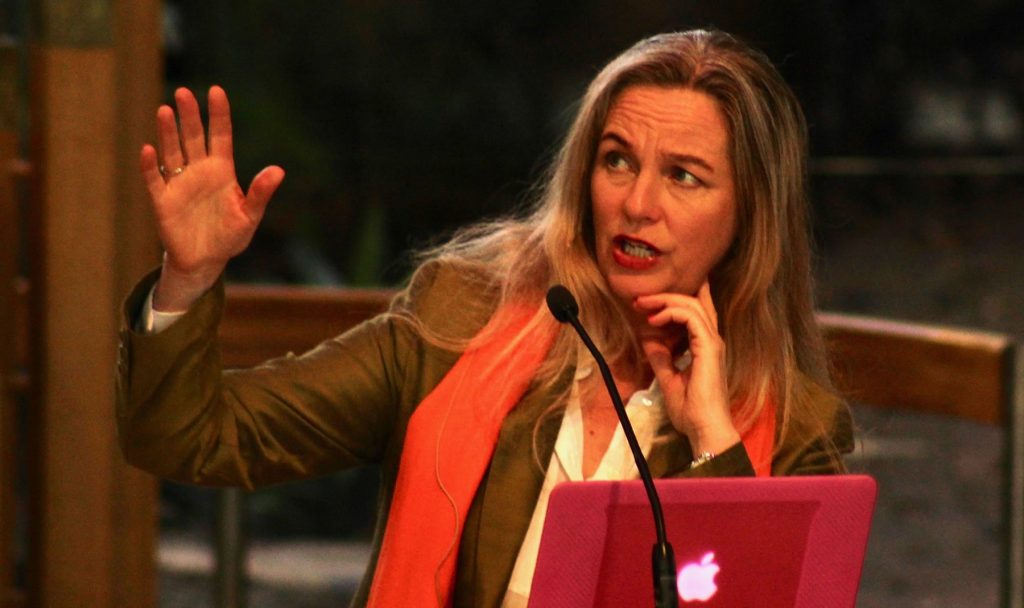
Foundations for success
UK Regional Senior Stretch
Years 10-13
Big ideas for curious minds
2023/24
UK
About
What to expect on the day
- Improve their thinking skills
- Begin to be able to identify what is fundamental from what is trivial
- Become intellectually creative
- Identify assumptions and distinguish between good and poor arguments
- Think systematically and rigorously about relevant modern day issues

Programme
9:00
Arrival
9:15
Welcome
9:30-10:15
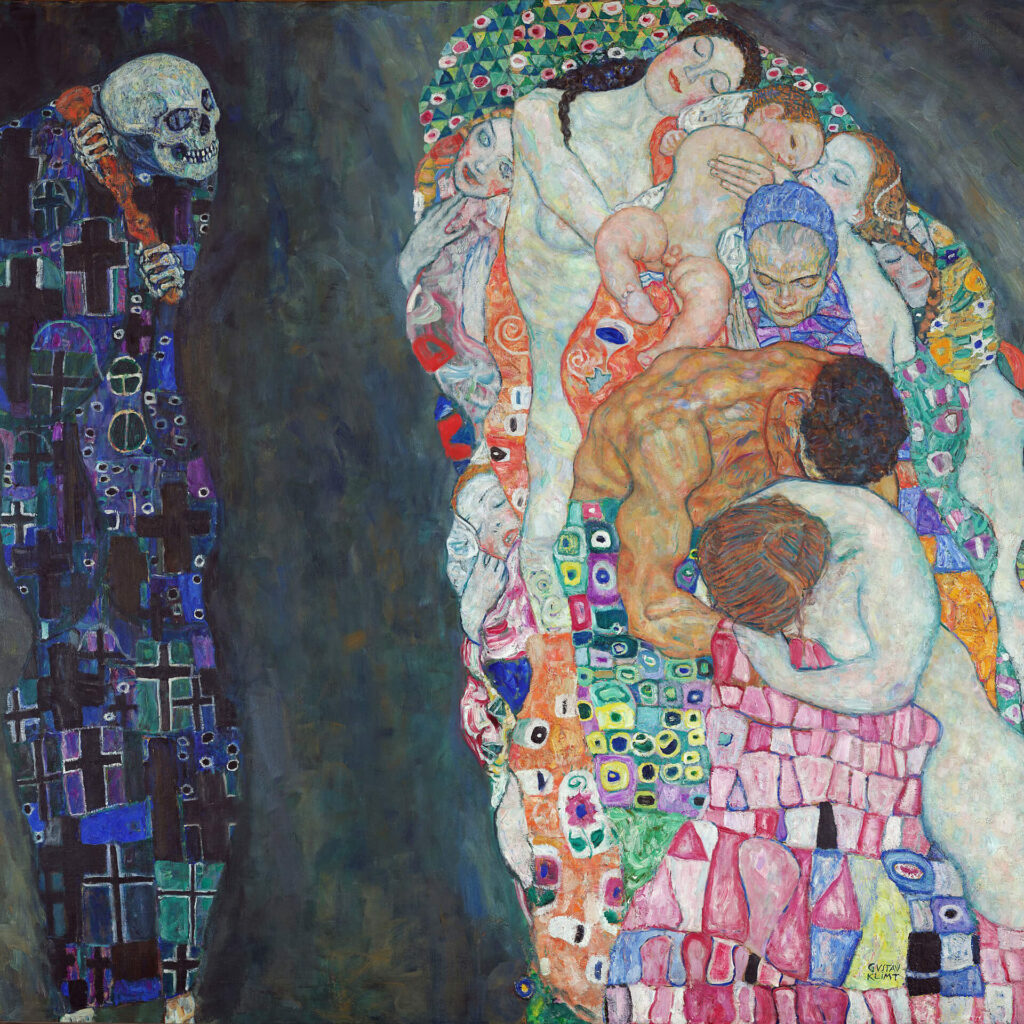
Matters of life and death
10:15-11:00
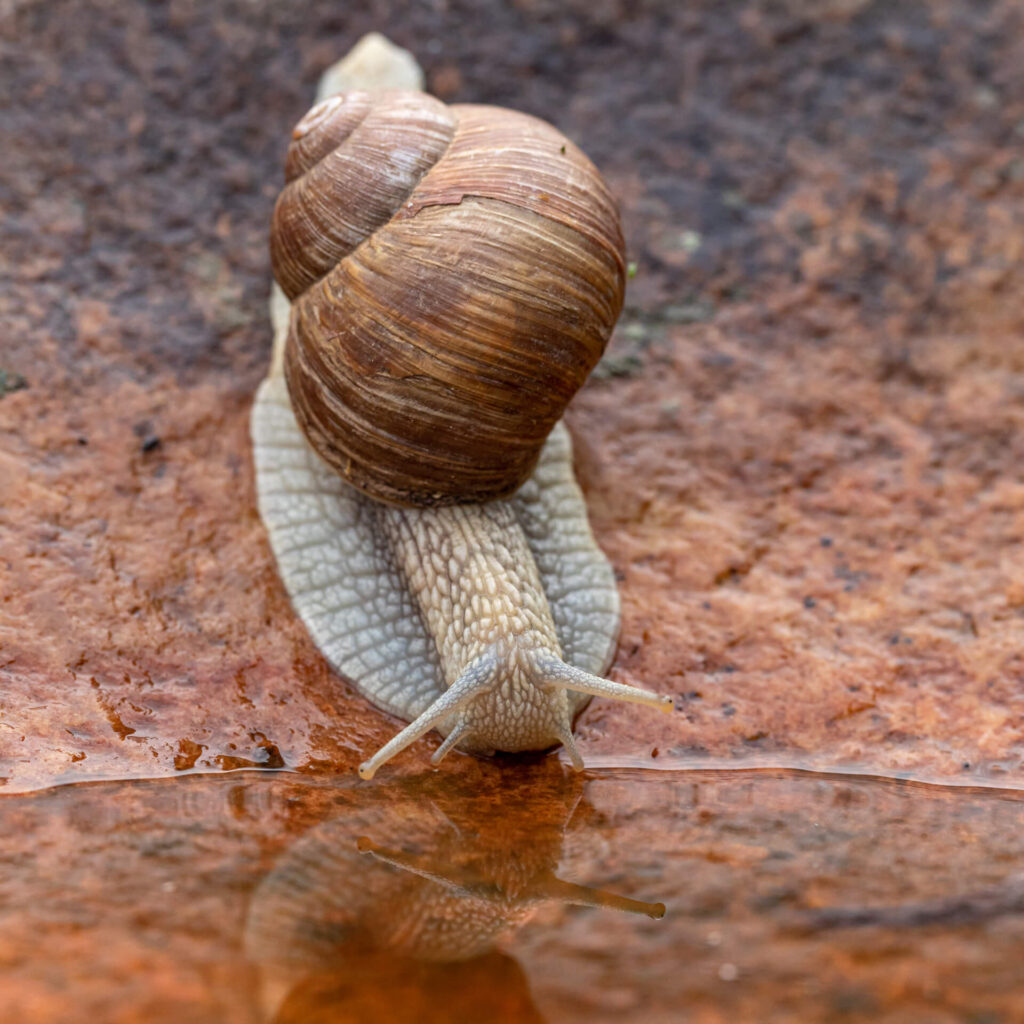
Oxbridge Interview Question – Does a Snail have Consciousness?
11:00-11:15
Break
11:15-12:30

Guided Community of Inquiry
The Task – What is Fair?
In this session students will be put into small groups and enjoy a Community of Inquiry. This is a friendly conversation in which students work together to reach a set of thoughts on a particular case study. The aim is not to point score off each other but to help each other out and work creatively as a team. There will be members of staff available to help the conversation if needed, but usually it isn’t. This Community of Inquiry will ask you to interrogate what equality means, and how it relates to discrimination and prejudice. There will be a plenary at the end to draw together the ideas and questions raised.
12:30-13:00
Break
13:00-13:45
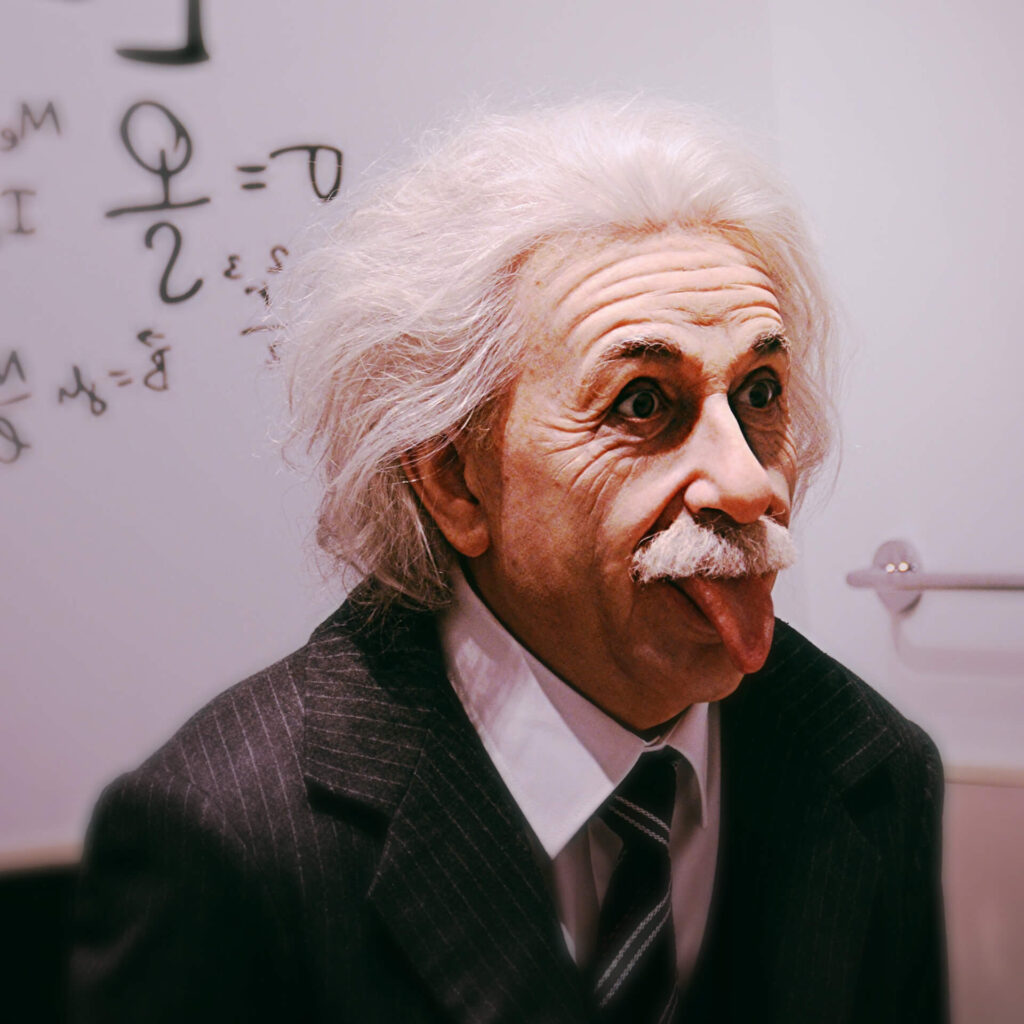
Martians & Mathematics
The history of mathematics is full of surprisingly creative and playful moments, and major advances often arise from mathematicians who decide to peer behind the curtains and think bigger. In fact, exercises in mathematical rule-breaking almost always turn into things that are profoundly useful! Why is this so? Why is the universe susceptible to mathematical description at all? Is mathematics out there waiting to be discovered, or is it purely a construct of the human mind? Would we expect Martians to have the same mathematics as we do? This session will look at the turning points in the creation of mathematics, and argue that there is fundamental value in an attitude of playfulness and curiosity both in life and our exploration of the universe.
13:35-14:30
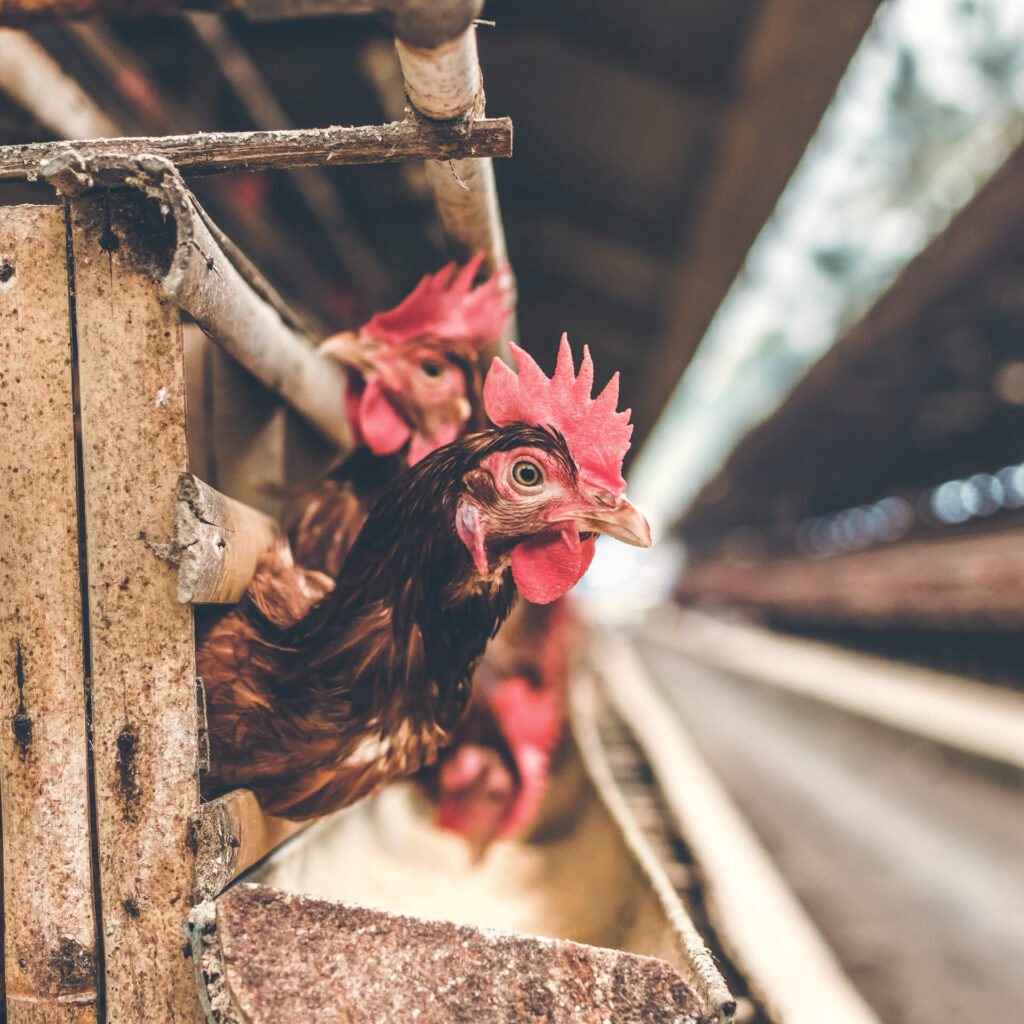
Debate: This house believes that animals have rights.
14:45
Closing Comments
Speakers
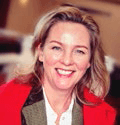
Julie Arliss
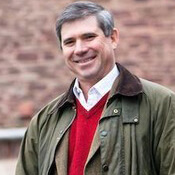
Richard Biggs
Richard Biggs grew up in South Africa, and after completing his degree in physics, he won a scholarship to University of Oxford where he read mathematics and philosophy at Pembroke College. He has recently retired from being headmaster of Kings College Taunton where he was heavily involved in establishing several new schools in Kenya, the Middle East and India and is currently CEO of Global Education Ventures, establishing world class schools across the globe. He is an outstanding communicator, polymathic in approach and committed to taking the life-affirming richness of education to students across the UK and beyond. He is also an accomplished cook, furniture maker and chorister.
Conference Dates
Additional dates are available on request.
Booking
Conference Fees
Students
A fixed fee of £35 each
We have access to sponsorship for students wishing to attend but for whom the cost is a significant challenge for their families. Please contact us for further details.
Staff
A fixed fee of £35 each
One free staff place with every 12 students booked.
Unaccompanied teachers attending for their own CPD to pay £220.
Please Note
These events fill quickly but we appreciate that many schools need time to collect money from students.
Booking Places at a Conference
Bookings for a conference are usually made by a teacher or other representative from a school, and students attend conference with their school group accompanied by a supervising teacher. The school is invoiced for the number of students and staff attending (if schools require payment from students or parents for attendance, these payments are made to the school).
Please note that we cannot accept bookings for unaccompanied students, and all students attending are required have a supervising teacher, or parent, with them. This is a workplace health and safety issue, as we do not have the necessary staff to provide supervision of students at the conference, or during meal breaks. [If a school is not attending, and a student from that school wishes to attend independently, they can do so, but they must be accompanied by a supervising adult who is charged at the same rate as the student, and who makes the booking on behalf of the student. A supervising adult can be a parent or other responsible person over 18. The school or parent must give permission for the student to be absent from school on that day]
ARRIVAL AND REGISTRATION
Arrival and registration: 9:00
Welcome 9:15
First lecture 9:30
